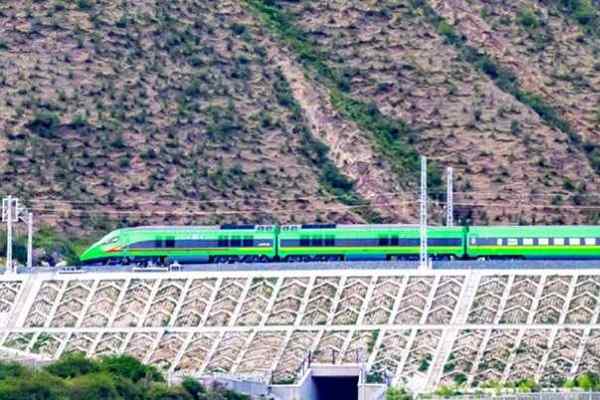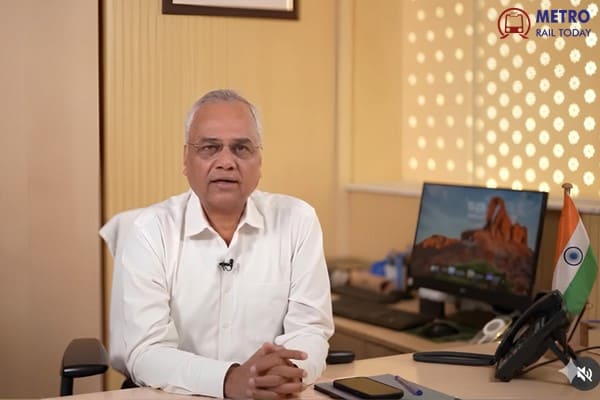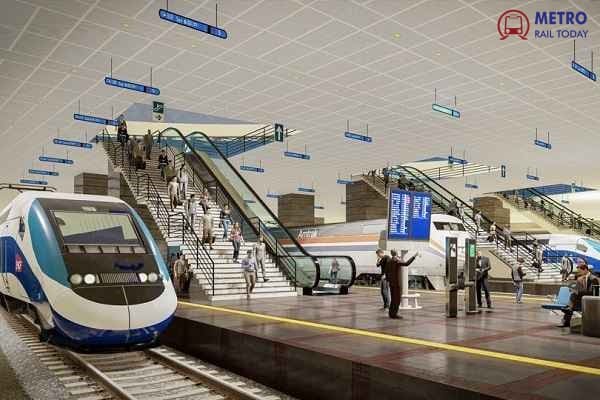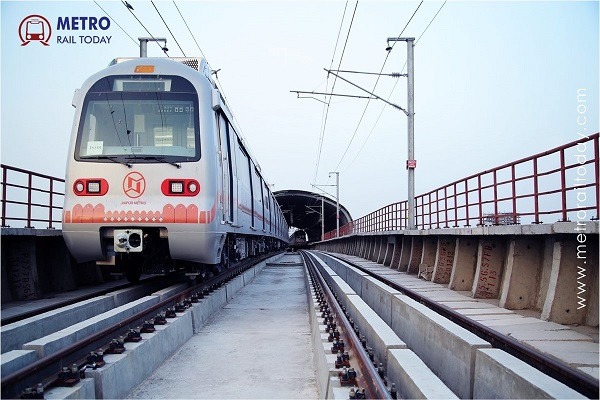 First global civil tender worth ₹1,145 crore launched for Jaipur Metro Phase 2 Project
First global civil tender worth ₹1,145 crore launched for Jaipur Metro Phase 2 Project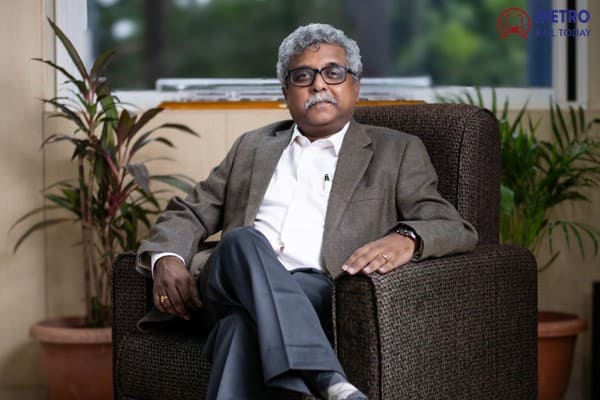 Vande Bharat to Vision 2047 — How ICF is Leading India’s Next Rail Revolution?
Vande Bharat to Vision 2047 — How ICF is Leading India’s Next Rail Revolution?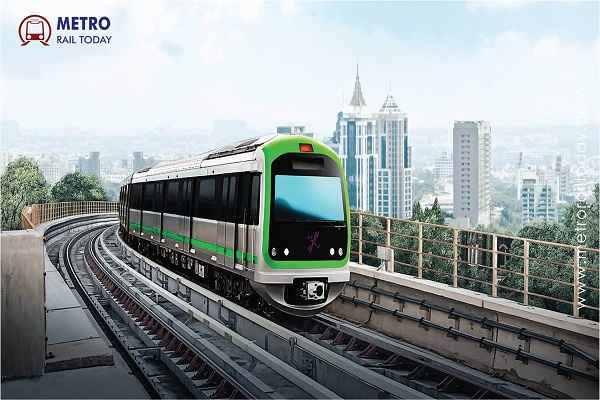 India's first Bengaluru–Hosur Interstate Metro Corridor declared Technically Infeasible
India's first Bengaluru–Hosur Interstate Metro Corridor declared Technically Infeasible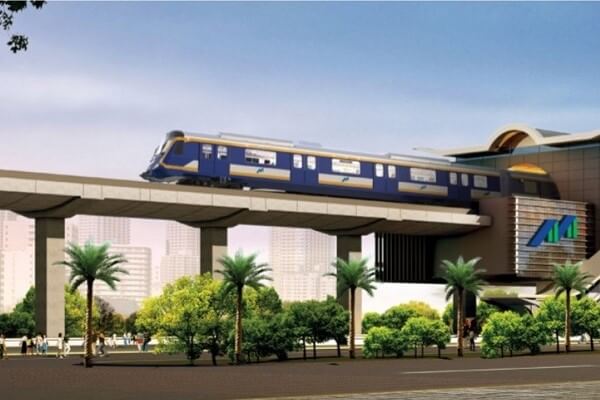 MMRDA awards ₹129.63 crore contract for Multimodal Integration on Mumbai Metro Lines 4 & 4A
MMRDA awards ₹129.63 crore contract for Multimodal Integration on Mumbai Metro Lines 4 & 4A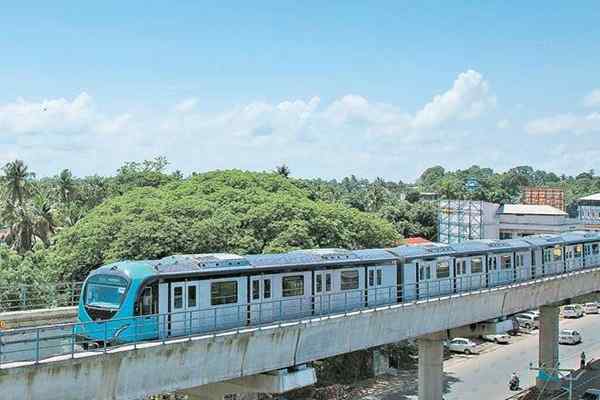 First U-Girder installed on JLN Stadium–Infopark Corridor of Kochi Metro Phase 2
First U-Girder installed on JLN Stadium–Infopark Corridor of Kochi Metro Phase 2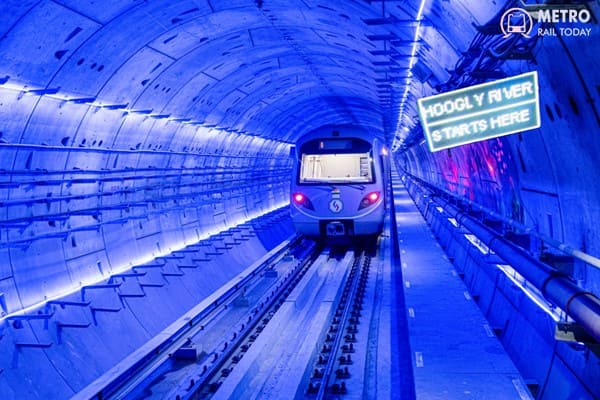 Kolkata Metro Marks 41 Years of Service to the City of Joy
Kolkata Metro Marks 41 Years of Service to the City of Joy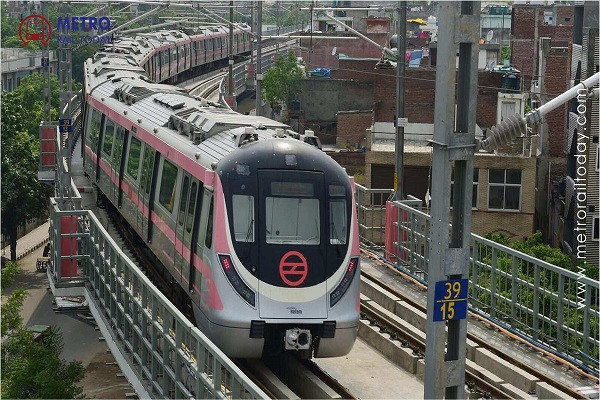 DMRC to introduce Driverless Trains on Delhi Metro Phase 4 Corridors
DMRC to introduce Driverless Trains on Delhi Metro Phase 4 Corridors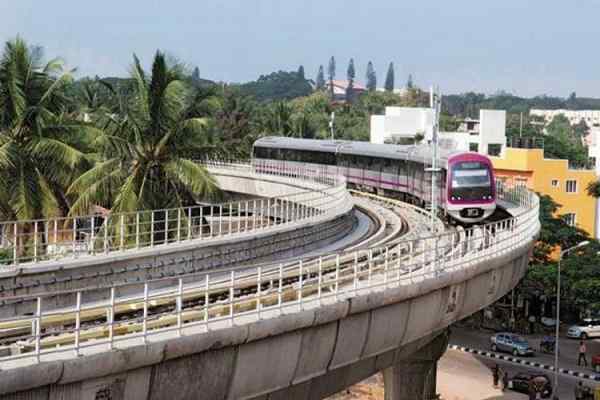 Karnataka proposes Centre of Excellence for Railways and Mobility Innovation
Karnataka proposes Centre of Excellence for Railways and Mobility Innovation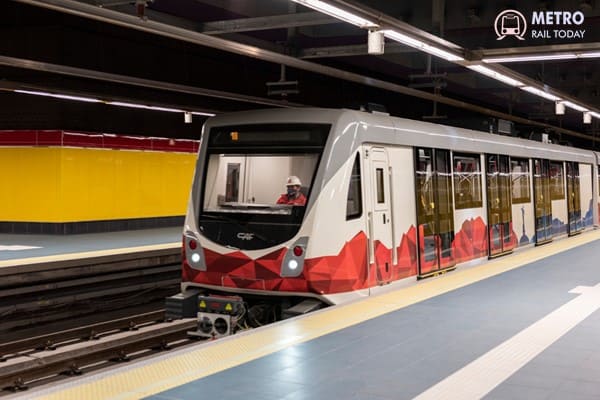 Egypt and Japan approve Greater Cairo Metro Line 4 Project
Egypt and Japan approve Greater Cairo Metro Line 4 Project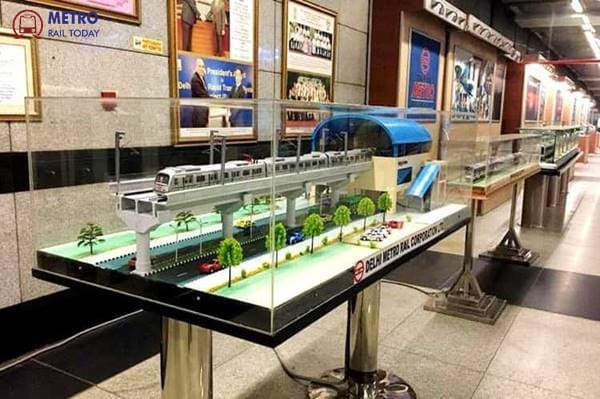 Metro Rail Today continues its legacy as Official Media Partner for 18th Urban Mobility India 2025
Metro Rail Today continues its legacy as Official Media Partner for 18th Urban Mobility India 2025
Vande Bharat to Vision 2047 — How ICF is Leading India’s Next Rail Revolution?

In an exclusive interaction with Metro Rail Today, Shri U. Subba Rao, General Manager, Integral Coach Factory (ICF), Chennai, reflected on his distinguished journey in Indian Railways and how ICF continues to redefine India’s railway manufacturing legacy. From building the iconic Vande Bharat Express to advancing toward futuristic trainsets and sustainability, ICF remains at the forefront of the nation’s railway transformation.
A Journey Built on Versatility and Vision
With over 33 years of service in the Indian Railways, Shri U. Subba Rao’s professional journey embodies dedication, versatility, and innovation. Before taking charge at ICF, he served as Additional General Manager, South Western Railway, Hubbali, and has held several pivotal leadership roles — including Principal Chief Mechanical Engineer, South Western Railway, Divisional Railway Manager, Salem Division (Southern Railway), and Chief Workshop Engineer, Rail Wheel Factory, Bengaluru.
“These positions gave me the opportunity to assimilate almost every area of railway operation,” he shared. “After induction into the Indian Railway Service, the journey inculcated versatility and strong management skills.”
His vast exposure across operational, mechanical, and managerial domains has been instrumental in leading ICF to new heights of excellence.
Vande Bharat: India’s Technological Leap in Rail Manufacturing
Under ICF’s leadership, the Vande Bharat Express—India’s first indigenously designed semi-high-speed trainset—has evolved into a global symbol of self-reliance and innovation. Introduced as Train 18 in 2018, it redefined modern rail travel in India.
“As of September 2025, 91 Vande Bharat 2.0 trainsets have been turned out by ICF for operations across India,” Shri Rao informed. “These trains operate across diverse terrains, from the plains to the challenging Himalayan routes.”
Key milestones in the Vande Bharat journey include:
-
Vande Bharat Sleeper: The first 16-coach sleeper variant, jointly developed with BEML, designed for long-distance comfort.
-
Regional Innovations: Vande Bharat’s design platform now inspires Namo Bharat trainsets for India’s Rapid Rail network.
-
Engineering Advancements: Every iteration includes enhanced aerodynamics, lightweight materials, improved bogies, and energy efficiency.
-
Global Readiness: ICF, in partnership with RITES, is developing standard-gauge Vande Bharat trainsets for international markets.
“The Vande Bharat journey is not just about a train—it’s about setting global benchmarks while embodying India’s Atmanirbhar Bharat vision,” he said proudly.
Passenger-Centric Innovations in the New Vande Bharat
ICF’s commitment to comfort, accessibility, and inclusivity is evident in the new generation of Vande Bharat coaches. Among the many improvements are:
-
Ramps and wheelchair locks in end coaches for Persons with Reduced Mobility (PRM)
-
Improved air-conditioning with redesigned air ducts and RMPU systems
-
Enhanced ventilation in toilets and pantry areas
-
More accessible mobile charging points and upgraded seat ergonomics
-
Braille notices on seat handles for visually impaired passengers
-
Increased LCD information displays from 2 to 4 per coach
-
Modified vacuum evacuation systems for better toilet functionality
“These refinements reflect our constant pursuit of passenger comfort and inclusive design,” Shri Rao emphasized.
ICF and the Viksit Bharat 2047 Vision
Looking ahead, Shri Rao envisions ICF as a driving force in India’s Vision 2047, focusing on high-speed, sustainable, and globally competitive train manufacturing.
“ICF’s long-term vision aligns with India’s Viksit Bharat 2047 roadmap, where modern railways will play a pivotal role in sustainable growth and national integration,” he said.
Key pillars of ICF’s 2047 roadmap include:
-
Next-Generation Trainsets: Continued innovation in Vande Bharat and Amrit Bharat series with greener technologies and enhanced passenger features.
-
High-Speed Preparedness: Development of prototypes capable of 280 kmph design speed, in collaboration with BEML, MEDHA, and NHSRCL, supporting India’s bullet train ambitions.
-
Freight and Green Mobility: Introduction of freight EMUs and hydrogen-powered trains to support sustainable logistics.
-
Sustainability Leadership: Already carbon-negative, ICF generates more renewable energy than it consumes.
-
Global Hub: By 2047, ICF aims to be a major exporter of world-class trains, showcasing Indian engineering on the global stage.
“The India Story Is Just Beginning”
Concluding on an optimistic note, Shri Rao said:
“India’s story is an exciting one with ample opportunities. The current geopolitical scenario is a godsend for Indian industry, including ICF. With our talented manpower and designers, we will expand our portfolio and compete with the best in the world.”
Conclusion
The story of ICF and its leadership under Shri U. Subba Rao reflects the transformative spirit of India’s railways — one that blends engineering excellence, sustainability, and national pride. The Vande Bharat Express, once a bold idea, has now become the cornerstone of India’s modern rail identity. As ICF continues to innovate and scale new heights, it stands poised to drive India’s journey toward a Viksit Bharat by 2047 — with speed, sustainability, and self-reliance on the rails.





